Sebastian Vettel stepped away from F1 on this day in 2022, bowing out after his final competitive run at the Abu Dhabi Grand Prix.
It marked the end of a remarkable era for a driver who had become one of the sport’s defining figures.
The German's last race at Yas Marina was tinged with nostalgia but hardly lacking in effort. He lined up seventh on the grid, a reminder that even in his final outing he was not simply making up the numbers.
On Sunday, he brought his Aston Martin home in tenth place, securing one last championship point and closing the book on his 300th Grand Prix entry, with 299 actual starts.
It was a modest result on paper, yet a fitting conclusion for a man whose career had long been built on determination and precision.
Viewed by others:
A career of extraordinary heights
Across 16 seasons, Vettel carved out a place among Formula 1’s greats. His run of four consecutive drivers' titles with Red Bull from 2010 to 2013 cemented his legacy early, and at 23, he became the youngest world champion in F1 history.
The statistics remain staggering: 53 Grand Prix victories, 57 pole positions and countless races in which he controlled the field with ruthless efficiency.
His 2011 season, in particular, stands as one of the most dominant the sport has seen, delivering 11 wins and a still-record 15 poles from just 19 rounds.
His journey through Toro Rosso, Red Bull and Ferrari showcased both the raw speed that first caught the paddock’s attention and the meticulous approach that kept him at the sharp end for over a decade.
The high points were also matched with low ebbs, like at the Azerbaijan Grand Prix in 2017, when he saw red and deliberately barged Lewis Hamilton's Mercedes after feeling the British driver had brake checked him behind the safety car.
He will also be remembered in F1 for the infamous "Multi 21" fiasco with then-team-mate Mark Webber, or his response to the time penalty that denied him victory at the Canadian Grand Prix in 2019.
But whether fighting for titles or battling in the midfield in later years, Vettel retained the same competitive intensity that defined his rise.
Choosing a different path
By mid-2022, Vettel’s priorities had shifted. In announcing his retirement, which he did via social media after setting up an Instagram page, he spoke openly about wanting to devote more time to his family and to explore who he was beyond the bubble of Formula 1.
He acknowledged that while racing had shaped much of his life, it no longer aligned with the values he wished to pass on to his children.
It was a thoughtfully measured decision — one that reflected the maturity and perspective he had gained over the years.
Vettel has since embraced a quieter but equally purposeful life, embodying his stance that "a racing driver is not my sole identity."
Environmental issues, long a growing interest of his, have taken centre stage. He has thrown himself into sustainability projects, from organising community clean-ups to building insect hotels at circuits such as Suzuka — small gestures, perhaps, but ones that reflect a sincere commitment to conservation.
And Vettel’s influence endures within the F1 paddock. His blend of fierce competitiveness and unmistakable decency made him one of the sport’s most respected figures.
As F1 continues to evolve and new stars emerge, his legacy remains firmly intact — an example of excellence on track and integrity away from it.
Don't miss out on any of the Formula 1 action thanks to this handy 2026 F1 calendar that can be easily loaded into your smartphone or PC.
Download the calenderMost read
In this article
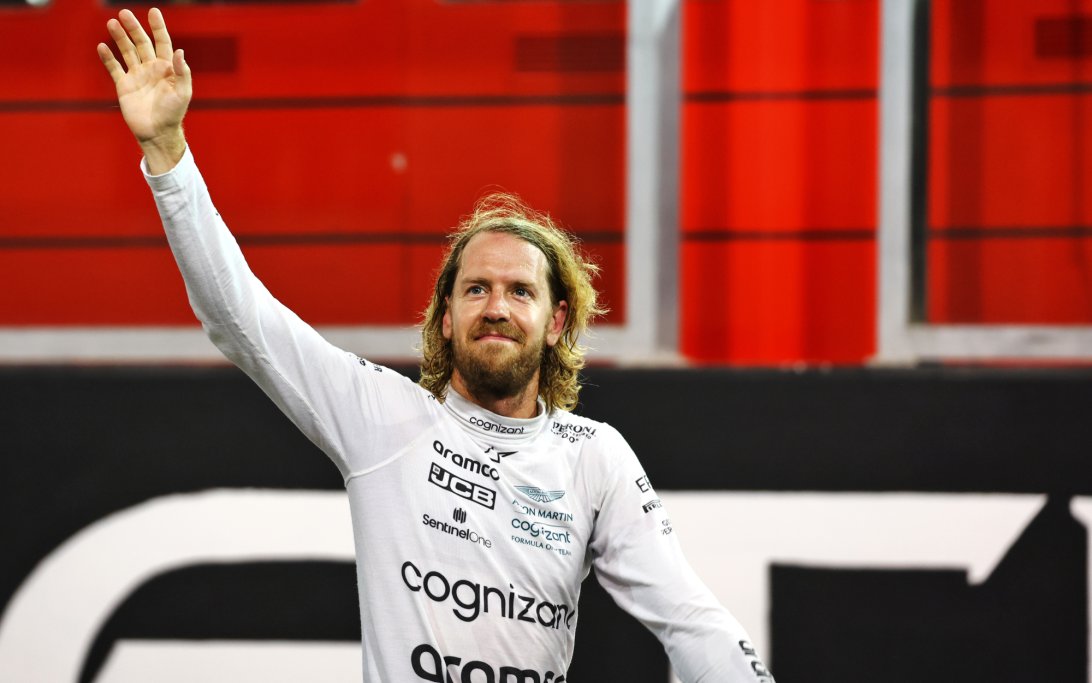
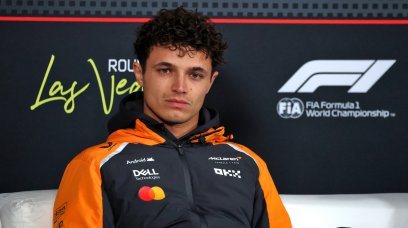
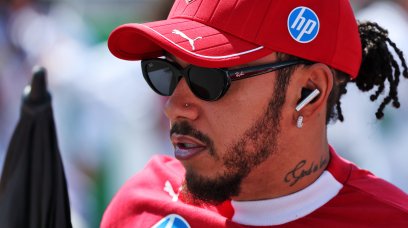
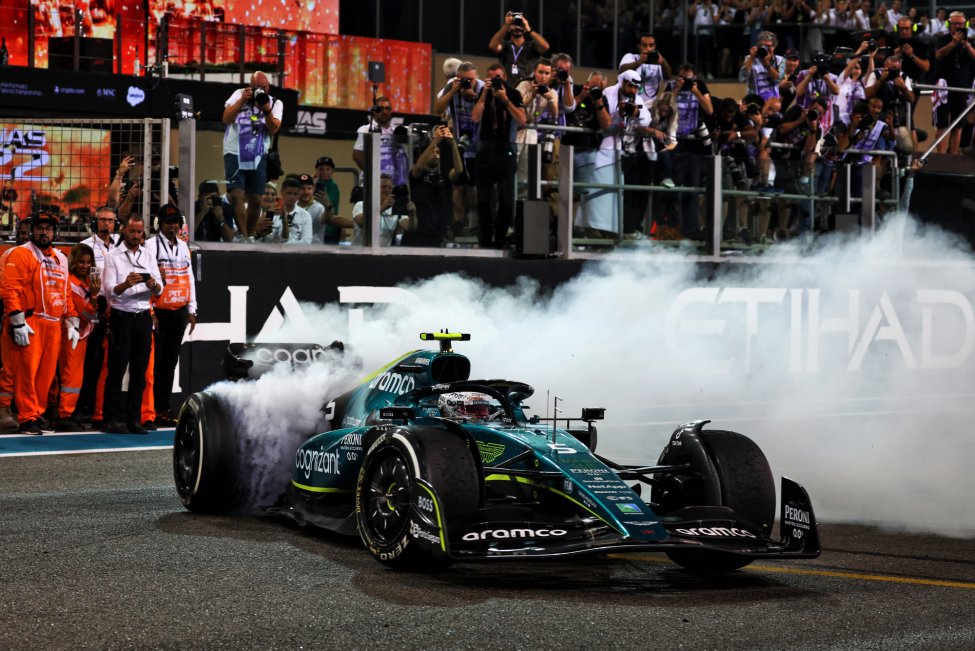
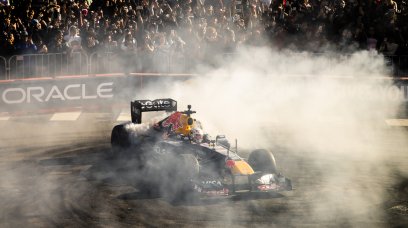
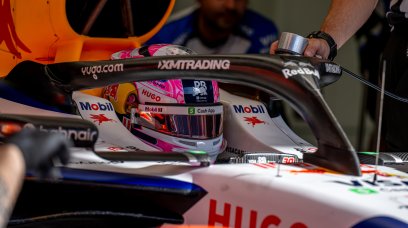
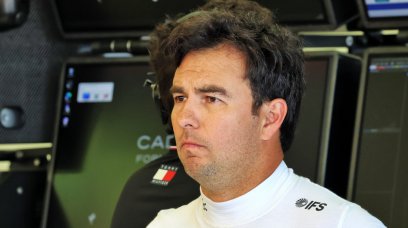
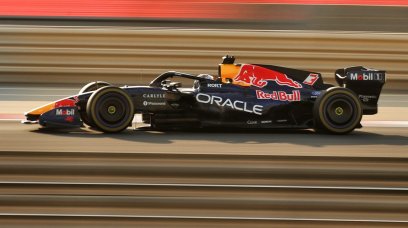
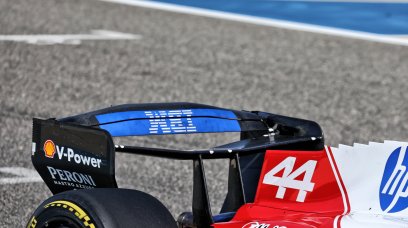
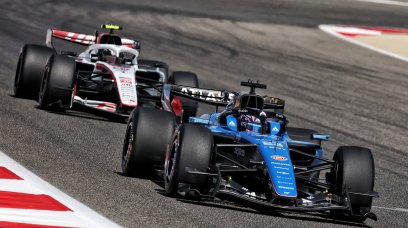
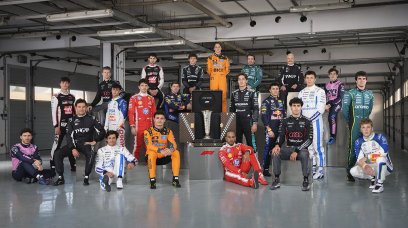
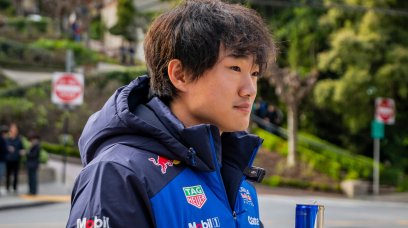
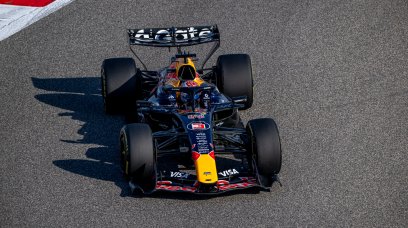
Join the conversation!